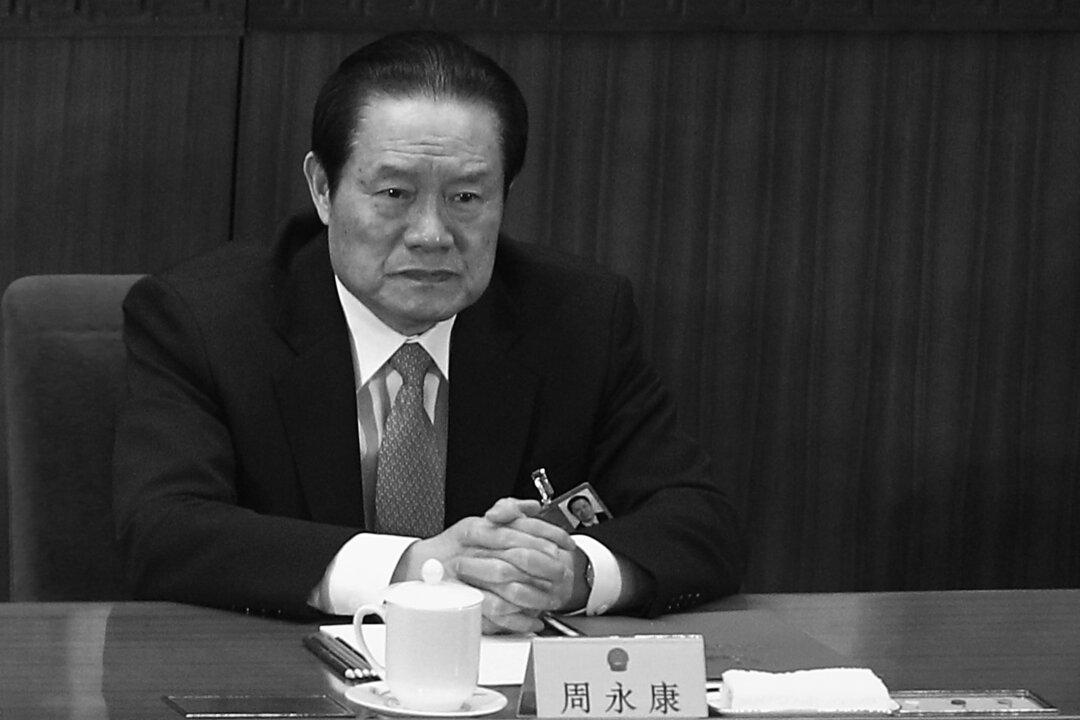The top Chinese prosecutor announced on Thursday that two men associated with the former Chinese security boss Zhou Yongkang are to face trial in Hubei Province.
The men, Li Chuncheng, and Jiang Jiemin, each comprised a part of Zhou’s vast network of power and influence. Zhou was purged from the party last year in December is set to face prosecution. Li, a former deputy party secretary of Sichuan Province, was known as a “fixer” for Zhou; Jiang was a former director and deputy Party secretary of the state-owned Assets Supervision and Administration Commission, the government agency that oversees all state companies. Prior to that role, Jiang was the chairman of PetroChina and ex-general manager of China National Petroleum Corporation (CNPC), and a linchpin of Zhou’s control over the petroleum sector in the 1990s.





